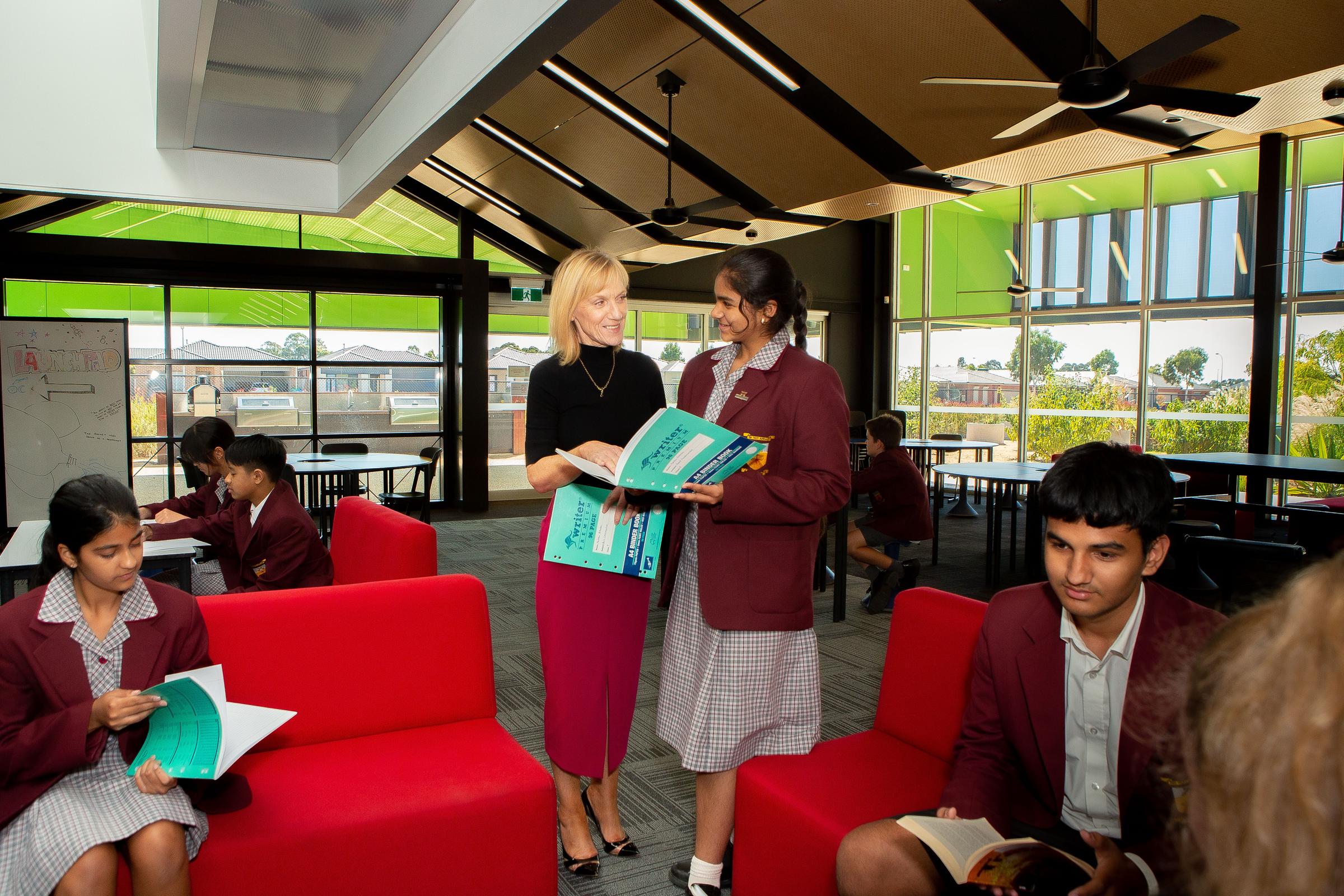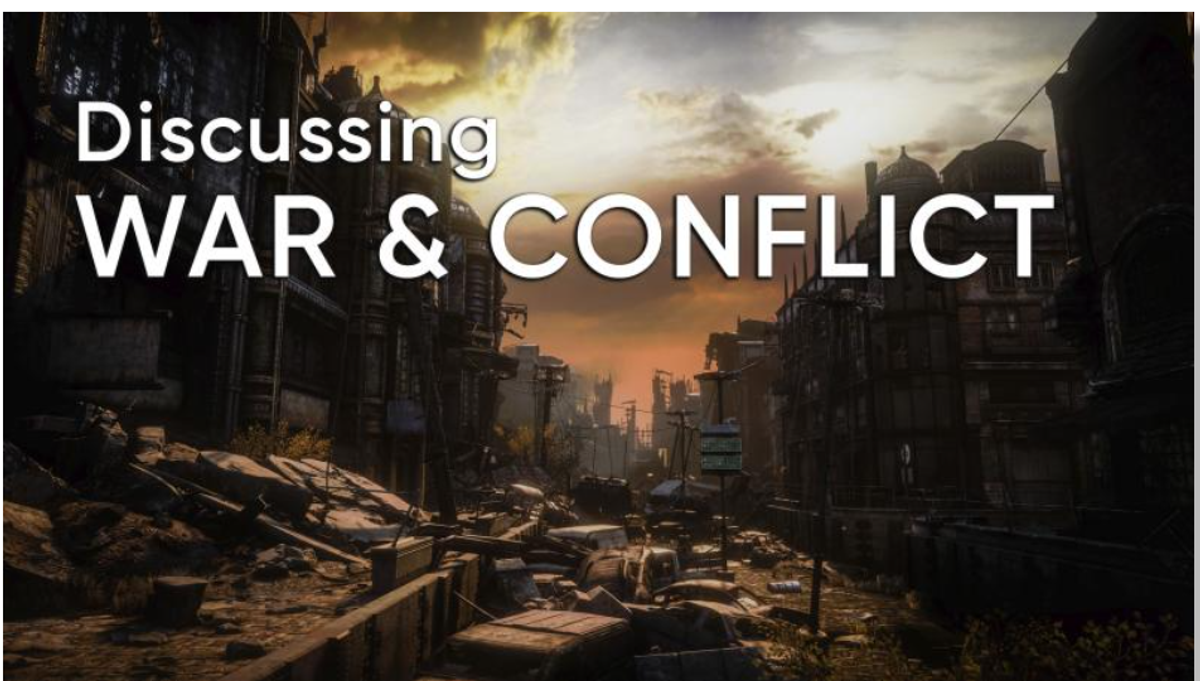Clyde North Campus News

Term 4 is certainly in full swing with the sun making an appearance or two over the past week. There can be no doubt that a sunny day makes life seem a little better. Over the next few weeks, students will either be completing exams and or finishing off their final assessments for each subject. This can be a difficult time for students as they may become somewhat overwhelmed with classwork and study. The good news of course is that this busy time will pass and then we head into Head Start. Head Start presents students in years 7-11 the opportunity to move into their next year level gaining new classmates, teachers, and timetable. Term four brings change and growth especially for junior students as they transition into middle school and adolescence begins to bring new thinking, changing social groups and physical changes such as height. What we want to ensure is that our young people can experience the wonder of change and growth in safe, predictable, and supportive social and learning environments within the school community. The key to successful change is effective and respectful communication. As students transition into HeadStart in mid-November our ROCKS as always are critical, particularly R (Respect), O(Organisation) and C (Collaboration). Change can make some young people feel nervous and anxious making them retreat and disengage whilst others become noisy and loud to mask their sense of uncertainty around what this change will bring. Unfortunately, these behaviours can often cause conflict or misunderstandings because communication and language can become ineffective and disrespectful. Young people today have many ways to communicate verbally and non verbally via a variety of social media platforms. A danger of communicating regularly using these platforms is that our young people are not learning how to communicate properly in person. This is becoming a growing concern for many adolescent and educational experts leading to the conclusion that we must teach, remind, and reteach our young people what is acceptable forms of language when communicating verbally and through the use of non verbal platforms, with each other. To support parents and guardians and deepen our understanding the effects the changing platforms and other influences are having on our young people and their ability respectfully communicate I have included a special report from leading adolescent expert Dr Michael Carr-Gregg, the link can be found on the School TV website (https://schooltv.me/). What strikes me most about this report is that we can be optimistic of the positive influence parents, guardians and schools still have in guiding our young people to build positive and respectful relationships.
SPECIAL REPORT: Respectful Language
In today’s world, it is becoming apparent that some young people are being influenced by the language around them. It is becoming more common for them to hear derogatory terms or offensive language on the streets, on social media channels, streaming services and in some forms of modern music. Proliferating the use of such language can sometimes normalise, glamorise and sanitise their impact, taking their meaning out of context. Words can be misconstrued to be hurtful, racist, homophobic, mysogynistic or even discriminatory. Using disrespectful language is considered socially unacceptable, and if not addressed early, can become a serious problem.
The use of derogatory language or the act of swearing at someone, or about someone, is actually a form of verbal violence. It transgresses the usual rules of social interaction by impinging on an individual’s self-image and sense of dignity. Therefore, many schools enforce a zero tolerance policy when it comes to such language. Parents and carers also need to play an important role in enforcing this approach by proactively monitoring what their children are viewing or being exposed to and discussing the use of words or their origin. This can help prevent inappropriate or disrespectful language being used in the classroom, school yard or other situations.
Whilst some students may use swearing or derogatory terms for attention seeking purposes, others may use it simply because they are still learning how to moderate their language. As young people develop their language skills, it is important for them to have a clear understanding of the impact of their choice of words on others and how their words can impact other people’s perspective of them - an important and essential skill to learn as they progress in their personal and professional development.
Please see the link on the school TV website special report on discussing War & Conflict to support parents and guardians in talking to their young person about the state of our world and current conflicts.
I wish you all a safe and productive week and remember with gratitude, optimism is sustainable.
Mrs Julie Banda
Head of Clyde North Campus


